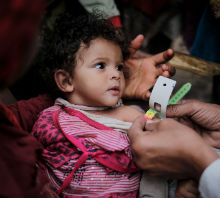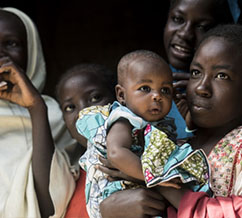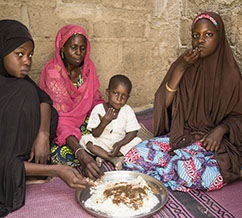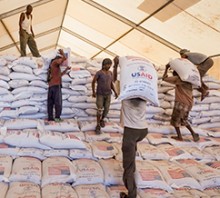Speeches Shim

Somalia is one of the lowest performing countries in the world in terms of economic growth, gender equality and human development. The government is still rebuilding after its collapse 25 years ago and struggles to provide even basic health and education services. Only five years ago, parts of Somalia were devastated by a famine.





Comment
Make a general inquiry or suggest an improvement.